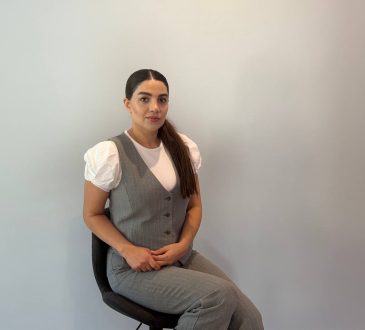
Preschool problem-solving workshops play a pivotal role in the holistic development of young children, serving as incubators for essential skills like critical thinking and collaboration. In this comprehensive exploration, we aim to unravel the intricate dynamics of these workshops, shedding light on their meticulous planning, seamless execution, and profound benefits for preschoolers. By diving into the inner workings of these workshops, we can gain a deeper understanding of their profound impact on the cognitive, social, and emotional development of preschoolers.
Through a closer examination, we’ll uncover the strategies and techniques employed by educators to leverage dynamic activities, including speech and drama for preschoolers, alongside interactive challenges, as powerful catalysts for enhancing problem-solving skills among our youngest learners.
Planning and Preparation
The success of preschool problem-solving workshops hinges on meticulous planning and preparation. Educators carefully curate age-appropriate challenges and activities tailored to the developmental stages of preschoolers. They consider factors like children’s interests and learning styles to ensure engaging experiences. Additionally, resources and materials are gathered to create an immersive environment conducive to exploration and discovery.
Designing Interactive Challenges
Central to these workshops is the design of interactive and hands-on challenges. Educators craft scenarios and puzzles that prompt children to apply problem-solving skills in practical ways. These challenges often incorporate elements of play and storytelling to captivate children’s interest and foster active engagement. By designing interactive challenges, educators provide opportunities for children to explore, experiment, and learn through trial and error.
Facilitating Learning Experiences
During workshops, educators act as facilitators, guiding children through the problem-solving process. They offer support and encouragement, prompting children to articulate their thoughts and collaborate with peers. Open-ended questions stimulate curiosity and encourage the exploration of multiple solutions. Through facilitated experiences, children develop autonomy and confidence in their problem-solving abilities.
Encouraging Collaboration
Collaboration is key in preschool problem-solving workshops, promoting communication and teamwork. Children work together in pairs or groups, sharing ideas and supporting each other’s learning. Collaboration fosters a sense of community and belonging, nurturing positive peer relationships. By encouraging collaboration, educators create a supportive environment where children feel empowered to tackle challenges together.
Providing Feedback and Reflection
Feedback and reflection are integral to nurturing problem-solving skills for preschoolers. Educators offer constructive feedback, acknowledging children’s efforts and guiding them towards improvement. Children are encouraged to reflect on their strategies and experiences, fostering self-awareness and metacognitive skills essential for problem-solving. Through guided reflection, children gain insights into their problem-solving approach and develop strategies for tackling future challenges effectively.
Assessing Learning Outcomes
Assessing learning outcomes is essential for evaluating workshop effectiveness. Educators observe children’s participation and problem-solving strategies, noting progress and achievements. Formative assessment techniques, such as anecdotal records, provide valuable insights into children’s skills and areas for development. By assessing outcomes, educators tailor future workshops to meet evolving needs.
Conclusion
Preschool problem-solving workshops serve as invaluable platforms for nurturing critical skills in young children that are essential for their holistic development. Through a meticulously planned approach, educators orchestrate interactive challenges and activities that are not only engaging but also tailored to the unique developmental stages of preschoolers. These workshops are meticulously designed to provide children with opportunities to explore, experiment, and learn through hands-on experiences, fostering a deeper understanding of problem-solving concepts.
By facilitating collaborative learning environments and providing constructive feedback, educators empower preschoolers to develop confidence in their problem-solving abilities and cultivate a growth mindset. Moreover, these workshops also emphasise the importance of reflection and self-assessment, encouraging children to analyse their strategies and identify areas for improvement. Through ongoing assessment and evaluation, educators gain valuable insights into children’s progress and development, allowing them to tailor future workshops to meet evolving needs effectively. Ultimately, by offering a glimpse into the intricate planning and execution of preschool problem-solving workshops, we aim to inspire educators and parents alike to embrace a culture of innovation and creativity in early childhood education, paving the way for lifelong learning and success.
For more information on how to enrol your child in problem-solving workshops and other enriching programs, contact Brighton Montessori today.




